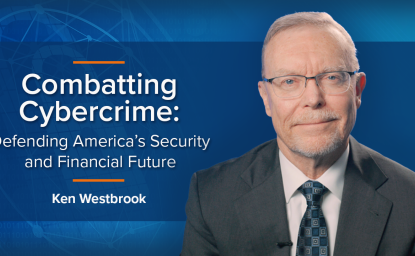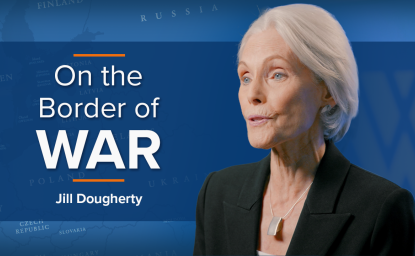The United States and the Islamic World
Success in American foreign policy is now linked to our broader relationship with the Islamic world. Former Congressman Lee Hamilton worries that the U.S. is making enemies faster than it is making friends.
Success in American foreign policy is now linked to our broader relationship with the Islamic world. Former Congressman Lee Hamilton worries that the U.S. is making enemies faster than it is making friends.
The pace of events in the war on terrorism often overtakes our ability to evaluate them. Nearly every day there is a crisis. That is why it is critical to take a step back and look at a broader challenge: the volatile relationship between the U.S. and the diverse and complex Islamic world.
The U.S. is currently fighting an extremist ideology that exploits deprivation in parts of the Islamic world by channeling it into violent anger. Al Qaeda and affiliated terrorist groups carry this banner. Where economic and political conditions are most dire, they offer empowerment to the powerless. Where the U.S. is particularly unpopular, they fuse that unpopularity to their radical jihad.
The challenge for the U.S. goes beyond rooting out terrorists with military force. We must also ensure that new terrorists are not being produced faster than we are capturing or killing them. In short, we have to defeat an ideology, not merely a group of people. To do that, we must elevate our relations with the vast majority of the world's Muslims who crave peace.
Unfortunately, current signs indicate deep tension. Surveys show wide mistrust and antipathy towards the U.S. across the Islamic world. The core of this negative feeling is a basic disconnect: majorities approve of values like freedom and democracy, but they don't think the U.S. supports those values. Instead, they see the U.S. as self-interested and hypocritical, propping up repressive regimes and pursuing access to cheap oil. In the war of ideas, many share the same policy grievances as Osama bin Laden, even if they abhor his methods.
How can we reverse this trend? First, we must explain ourselves better by making public diplomacy a central component of our foreign policy. Just as in the Cold War, we need to defend our ideals abroad vigorously by building cultural centers and universities, sponsoring exchanges, creating broadcast outlets, teaching English, and translating and disseminating books. Our aim should be to explain our policies and values, while encouraging civil society abroad.
This must be more than an advertising campaign. It must be a real effort to extend dialogue beyond governments, including the private sector, media, academia, non-governmental organizations, and efforts to enhance our own knowledge of certain languages and regions. If we don't act aggressively to define ourselves in the Islamic world, the extremists will gladly do it for us.
To succeed, our message must be backed up by our policies, and our interests gradually align with our values. The U.S. should no longer unflinchingly support an authoritarian status quo, particularly in the Middle East. We should seek out, encourage, listen to, and work with emerging democratic reformers, and sustain policies supporting economic development, educational opportunity, incremental political reforms, and the rule of law. This will take time, resources and skillful diplomacy. But the more people are capable of finding a job, an education, or a vehicle for political participation, the less likely they are to join or sympathize with terrorists.
We must also engage in an Israeli-Palestinian peace process. No other issue polarizes relations between the U.S. and the Islamic world as much as this one. Our steadfast support of Israel should be accompanied by active pursuit of a peaceful two-state resolution. Sustained U.S. engagement can help ensure Israeli security, improve the lives of the Palestinians, and raise U.S. standing in the world. It will not solve all our problems; but it will make our problems far more solvable.
Ultimately, ideological and political conflicts within Islam must be settled within Islam through the constructive efforts of moderate Muslims. What the U.S. can do is reach out to the overwhelming number of Muslims who resent their political and economic situations, and make it clear that we want them to achieve a better life. This will not be easy. Islam stretches across countries with diverse populations and concerns – from Morocco to Malaysia, from southern Africa to central Russia. To reach these many corners, America's foreign policy agenda must go beyond the war on terrorism to envision and support a peaceful evolution towards democracy and modernity.
In the Cold War, we defeated Communism by aligning ourselves with the aspirations of the majority of people beyond the iron curtain. So, too, must we now be aligned with and respectful of the aspirations of peaceful Muslims. For if we don't want to be fighting the war on terrorism three generations from now, we need to start creating friends faster than enemies.


